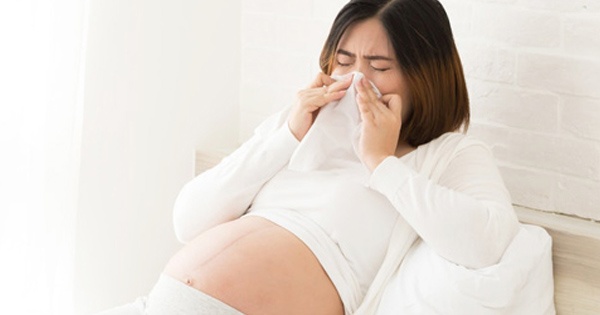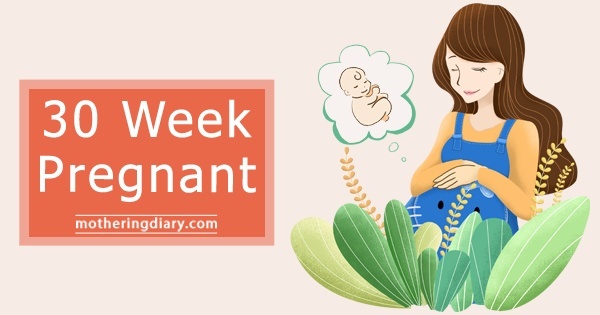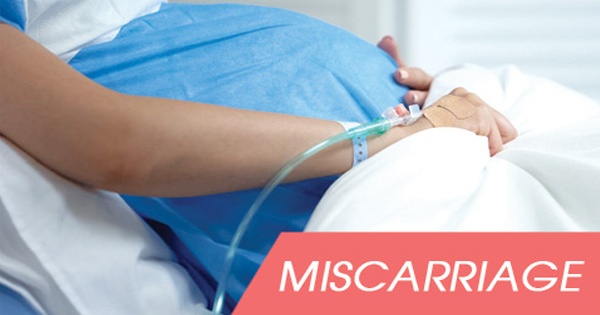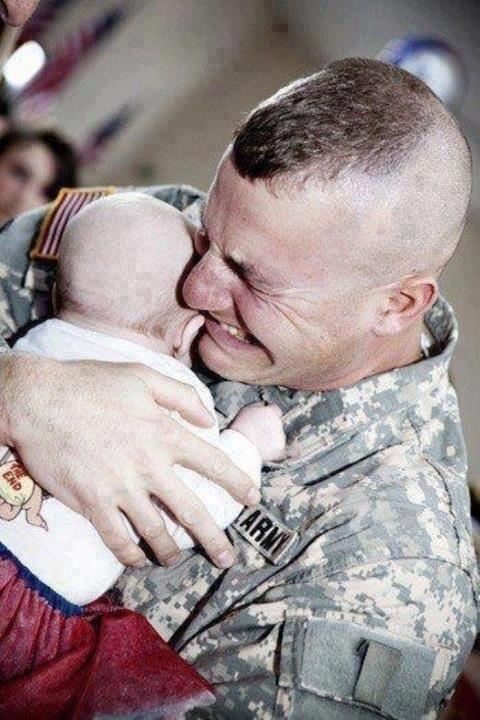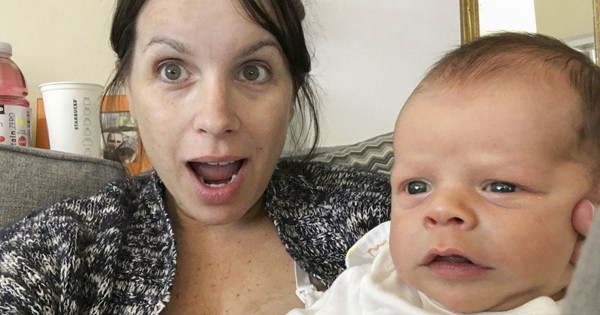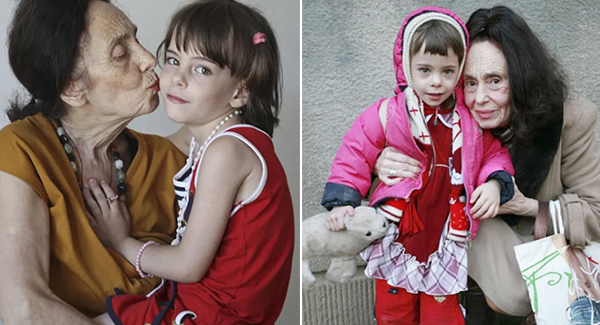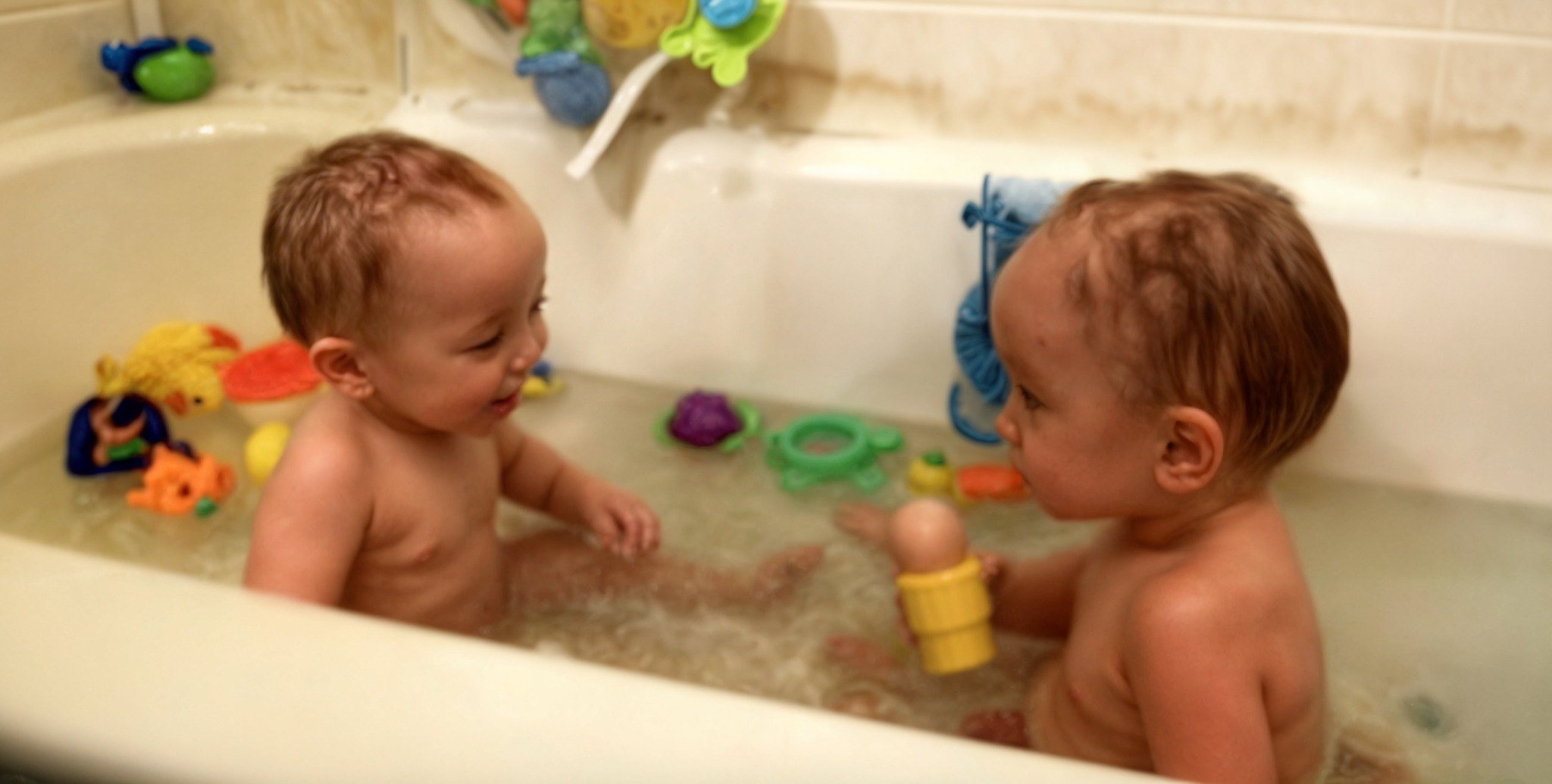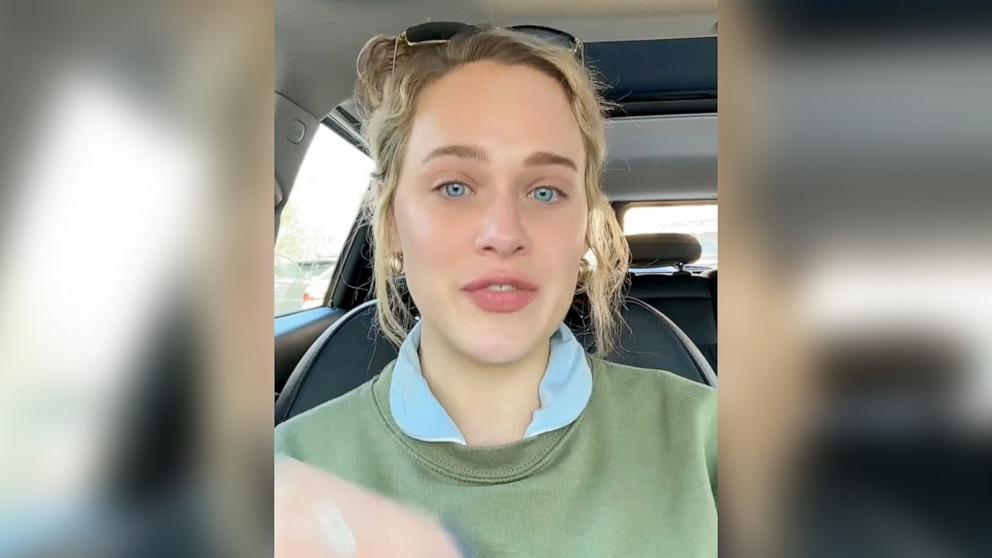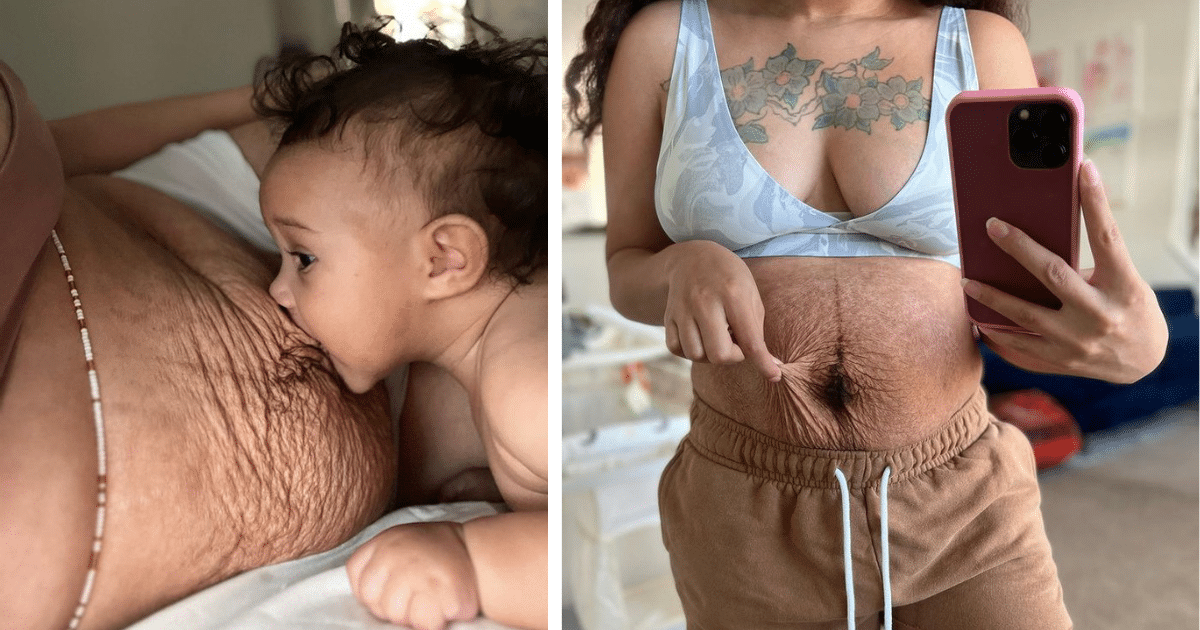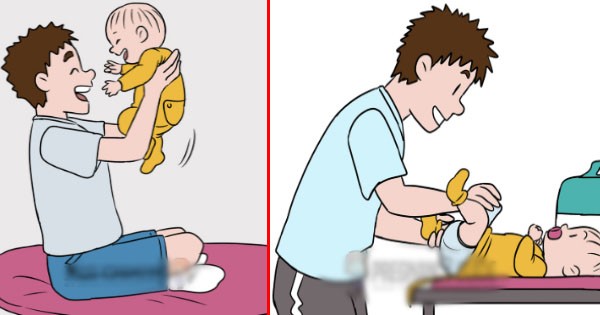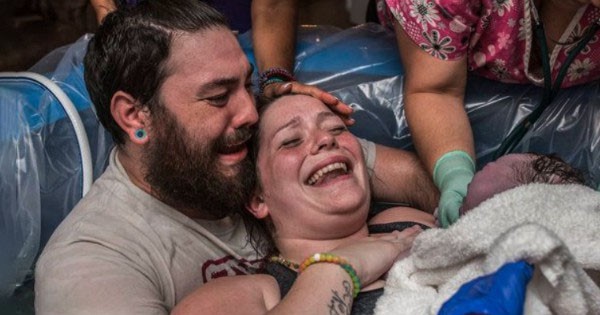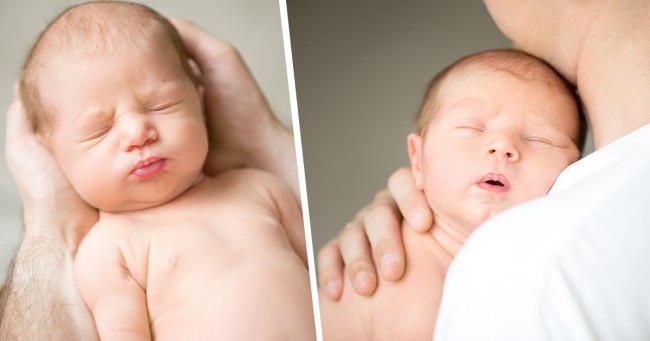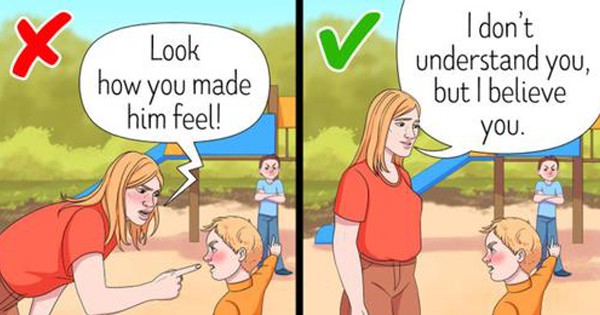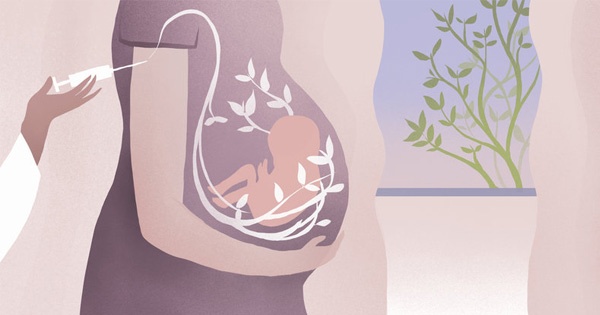
HEPATITIS B VACCINATION BEFORE AND DURING PREGNANCY
Hepatitis B vaccination is one of the important vaccine that needs to be administered before getting pregnant. However, there are many cases arising in reality, such as when moms are injecting, moms know that moms are pregnant, or moms are pregnant but moms have not been vaccinated, or moms detected that moms had hepatitis infection during pregnancy, etc.

What is hepatitis B? Where do moms get hepatitis B?
Hepatitis B is a virus that can damage the liver, leading to premature death from liver cancer or liver failure. Sometimes it is also called HBV. Hepatitis B is present in every bodily secretion but it is spread directly because the infected mother passes it to her baby during pregnancy or during childbirth, via blood and unprotected sex.
Moms can get hepatitis B from:
- Mother to child during pregnancy/ childbirth
- Not use a condom during sex (vaginal or anal)
- Share drug injection equipment (including syringes, spoons, water, filters and bandages)
- Routine practices involving blood or skin prickling which are not following a sterile procedure.
- Share toothbrushes, razors, and tweezers
- The tattoo or body piercing without disinfection
- Contact between an infected person’s blood and another person’s blood through open wounds.
- Needle-stick injuries (hepatitis B infection in this case is rare)
- Have oral sex when cuts, boils or sores have not healed
- Infected blood transfusion, infected products, medical or dental equipment
Non-infectious activities of hepatitis B:
- Use common items such as food, eating utensils, glasses and forks, shared toilets or showers, etc.
- Hug, kiss, sneez, mosquito bites, weep, pets, etc.
- Breastfeed (unless the nipple is cracked or bleeding).
Vaccination against hepatitis B is the best way to prevent it. Once moms are immune, moms can not get hepatitis B and moms do not need to get any booster doses. However, about 2.5% to 5% of people still get hepatitis B after vaccination.
What happens if moms have hepatitis B?
A blood test can show that moms have been infected, or moms are currently infected with hepatitis B. If moms have hepatitis B for less than 6 months it is called an ‘acute’ infection. If the infection lasts for longer than 6 months it is called chronic hepatitis B. What happens when moms have hepatitis B virus depends on moms’ age when infected. 95% of adults infected with acute hepatitis B will get rid of the virus from the body and will not get chronic hepatitis B. This means that moms’ immune system fights off the virus and removes it from moms’ body. Moms will no longer feel the symptoms of the disease; moms will not be able to spread hepatitis B to others and will be immune to the hepatitis B virus in the future.
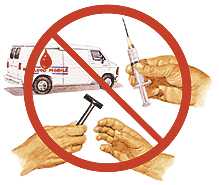
However, 90% of newborn babies infected with hepatitis B will continue to have chronic hepatitis B infection. This is because the baby’s immune system is not fully developed and has not recognized the hepatitis B virus as a virus that needs to be removed from the body. The risk of getting hepatitis B can be reduced by vaccinating and immunizing HBIG for the baby at birth.
If moms have been infected with hepatitis B for more than 6 months and develop chronic hepatitis B, it’s important to take care of moms’self. 30% of people infected with hepatitis B can develop cirrhosis. 5-10% can develop liver cancer. If moms have chronic hepatitis B infection, moms may still feel healthy and not notice symptoms. Therefore, it is important that moms go check with moms’ doctor. There are treatments available to deal with hepatitis B as well as sometimes medications that can stop the virus from working. Moms’ diet and exercise and the amount of alcohol moms drink can have a big impact on the impact of hepatitis B on moms.
Is hepatitis B infection dangerous to pregnancy?
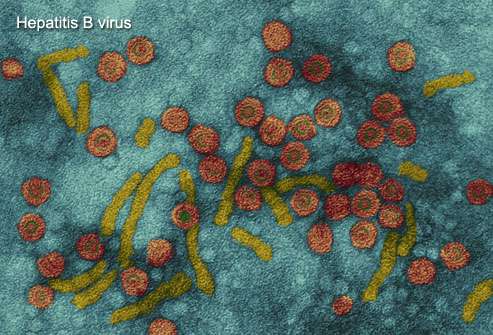
The hepatitis B virus does not adversely affect the progress of pregnancy or the fetus.
The pregnancy progresses normally, the fetus is not at risk of deformity.
A mother with severe hepatitis B is at risk of miscarriage or premature birth.
Conversely, pregnancy does not aggravate hepatitis or damage the liver, but may cause decompensation of associated cirrhosis. Pregnancy also does not increase the risk of developing fulminant or chronic hepatitis.
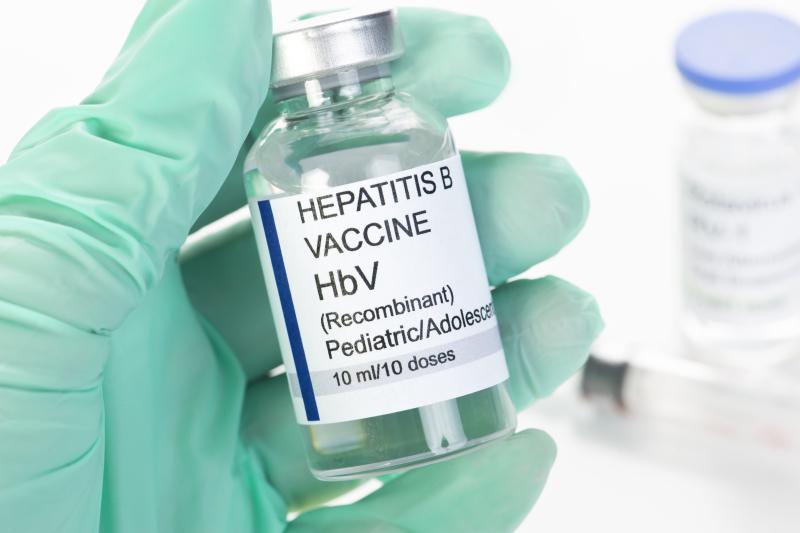
What is the hepatitis B vaccination?
There are 2 immunizations to prevent hepatitis B:
- Passive immunization
Passive immunization for hepatitis B is done by giving hepatitis B antibodies (HBIG: hepatitis B immunoglobulin). Specified in the case of:
– Unprotected persons after contact with liquid contaminated with the hepatitis B virus
– Infants born to HBsAg-positive pregnant women. Getting vaccinated within the first few hours is effective in preventing infection.
- Active immunization
Active immunization for hepatitis B is archived by inactivated vaccines. The first generation vaccines – still used in many places of the world – contained purified non-infectious surface proteins, isolated from the plasma of people with HBsAg. There is now a second generation vaccine – a combination of HbsAg produced from mushrooms.
A basic hepatitis B vaccination consists of three injections at months 0.4 and 6 to 12. By definition, a good response to a vaccine is when the anti-HBs concentration reaches at least 100 UI/l at 4 -6 weeks after the 3rd injection. For people who do not reach this concentration, a single injection repeated within 1 year is recommended. Many studies show that a person who responds well does not need a booster shot at least 10 years after a 3-shot series.
Get vaccinated against hepatitis B before pregnancy
Before moms get pregnant, moms need a blood test to know if moms have hepatitis B.
If moms have not had hepatitis, moms should get vaccinated now. Hepatitis B can still be transmitted through unprotected sex and through infected blood (sharing toothbrushes, razors, or needles used for tattooing or ear piercing). For adults, there are 3 vaccinations. Give the first shot in the first month. The second shot is 1 month away from the first shot. The third shot is 6 months away from the second shot.
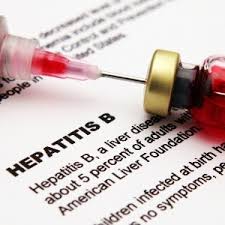
Moms should get 3 basic shots before getting pregnant, because a first shot only works to create a protective antibody within 3 months, if not repeated, the amount of antibody will decrease gradually, which leads to very poor protection effect.
If moms already have hepatitis, and moms are planning to get pregnant, moms should see a Hepatobiliary specialist, he will consult about the status of hepatitis B infection to know if the disease is at which stage and moms need treatment or not. If the disease is mild, asymptomatic, the hepatitis B virus is “living together peacefully”, moms do not need treatment, but moms should give birth to the desired number of children and then start treatment.
If moms are suffering from severe hepatitis B, progressive disease, severe cirrhosis, hepatocellular failure, hepatitis outbreaks and complications, moms must take a treatment and moms should not have children.
Get vaccinated against hepatitis B during pregnancy
If moms are vaccinated against hepatitis B and know moms are pregnant, moms should suspend it. The hepatitis B vaccine is inactive, so it does not affect the fetus if given during pregnancy. However, during pregnancy, a woman’s immune system often declines so the response to the vaccine will not follow a general rule. Therefore, there are many views that hepatitis B vaccine is not given during pregnancy, and postpartum evaluation of antibody response. If anti-HBs concentration of 100 UI/l or more is protected for at least 10 years. If the concentration is lower, it is recommended to inject again within 1 year.
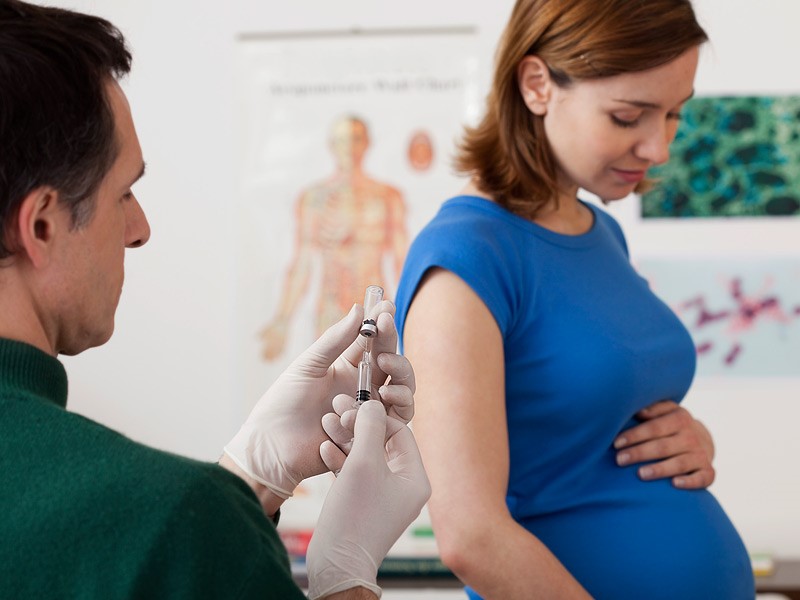
If moms are treated with hepatitis B medicine and know that moms are pregnant and if moms do not continue treatment, the disease can flare up, which affecting both mother and child, moms need to see a liver specialist and listen to advice about the benefits as well as harms of pregnancy while taking medication.
If moms are pregnant before moms know that moms have hepatitis B or are at high risk of getting hepatitis B (pregnant women who have a husband with hepatitis B), the hepatitis B vaccine is safe and does not affect the fetus. However, it is not recommended to get vaccinated in the first trimester of pregnancy, but it is better to get shots in later months.
Get vaccinated against hepatitis B after pregnancy
The rate of mother-to-child transmission of hepatitis B virus is 90%. While the prevalence of viral infections in the community currently accounts for 10% -20% of the population, it is important to get hepatitis B vaccine within 24 hours of birth.
Three shots can protect moms’ baby from lifelong hepatitis B infection, thereby reducing the risk of liver cancer and liver damage in the future.
If moms are infected with HBsAg-positive hepatitis B (moms’ body is infected with the hepatitis B virus), moms’ baby will be vaccinated according to the Tu Du Hospital’s protocol as follows:
| Time | <12h | 1 month | 2 months | 1 year |
| Medicine | Hepatitis B vaccin + HBIG(Hepatitis B immune globuline) | Hepatitis B vaccin 2 | Hepatitis B vaccin 3 | Hepatitis B vaccin 4 |
Moms should also be assured of breastfeeding if moms’ baby has been vaccinated against hepatitis B and hepatitis serum at birth. Hepatitis is not transmitted through breast milk, except for the case of cracked or bleeding nipples, the mother should transfer the bottle to her baby. In addition, if a mother takes medicine to prevent the spread of hepatitis B, the medicine should be discontinued at birth to breastfeed.
